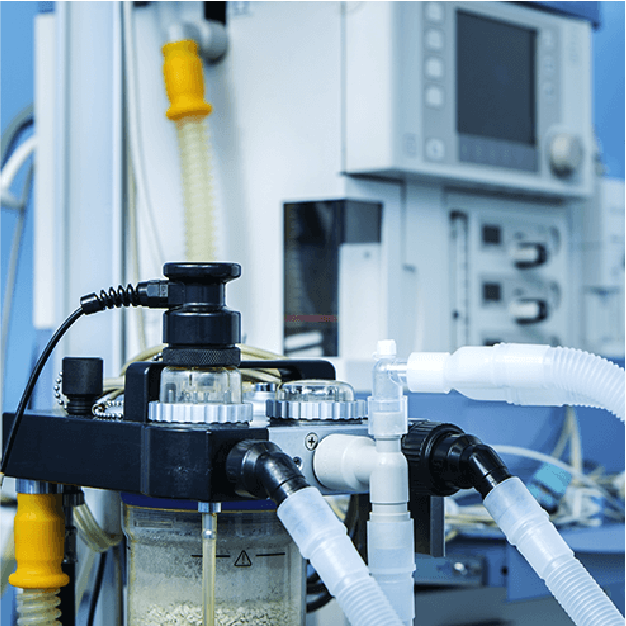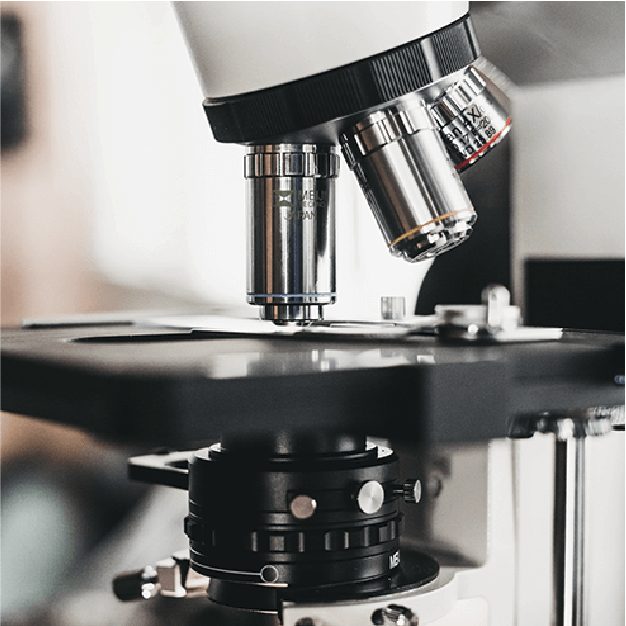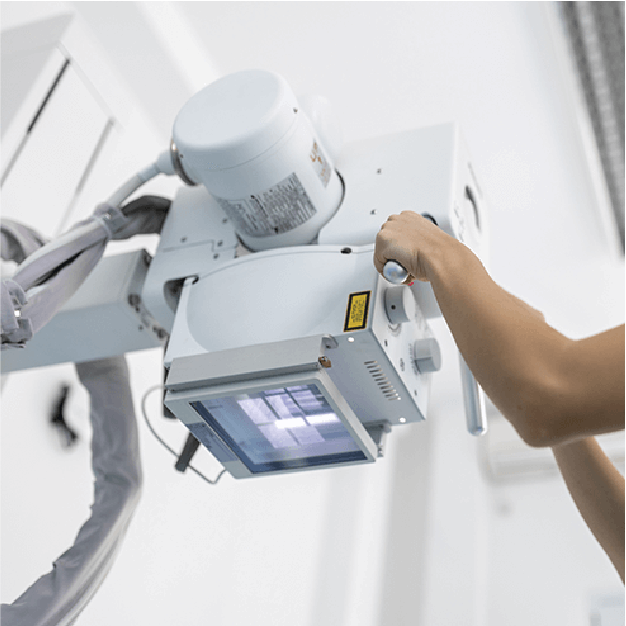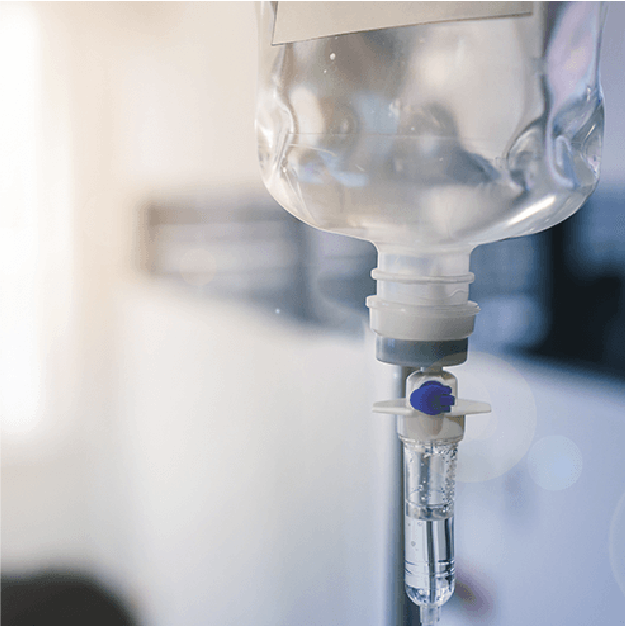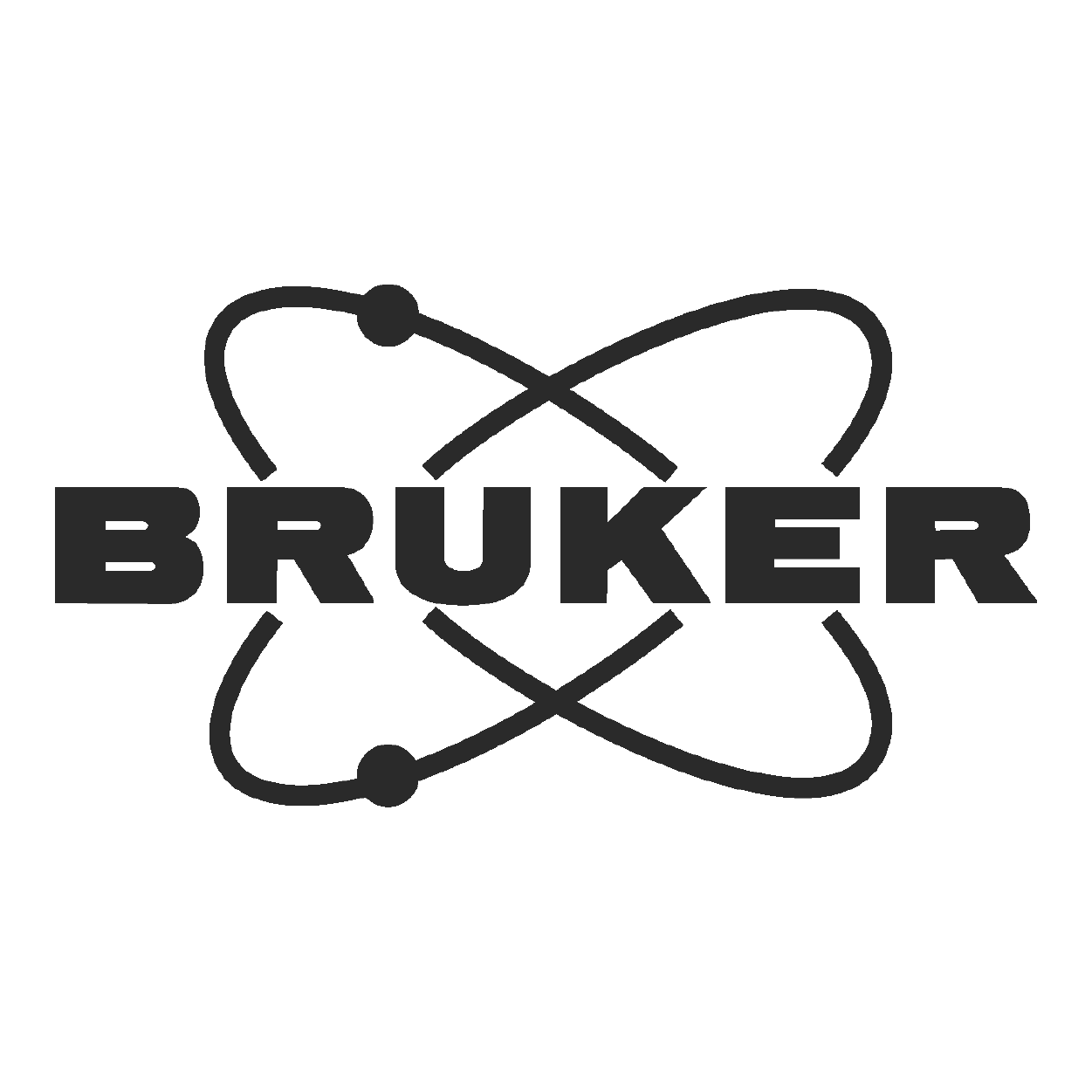Medical & Dental Manufacturing
Parts in days anywhere in the USA.
- Instant Quotes and Engineer Assisted Quotes
- 100+ Metal and Plastic Materials
- 40+ Surface Finishes
- Quality Prototypes and End-Use Parts
Quality Matters | AS9100D Certified, ISO 9001:2015, & ITAR Registered
* Not all locations have the required certifications and registrations. We will manufacture parts that require these certifications at facilities that have them.
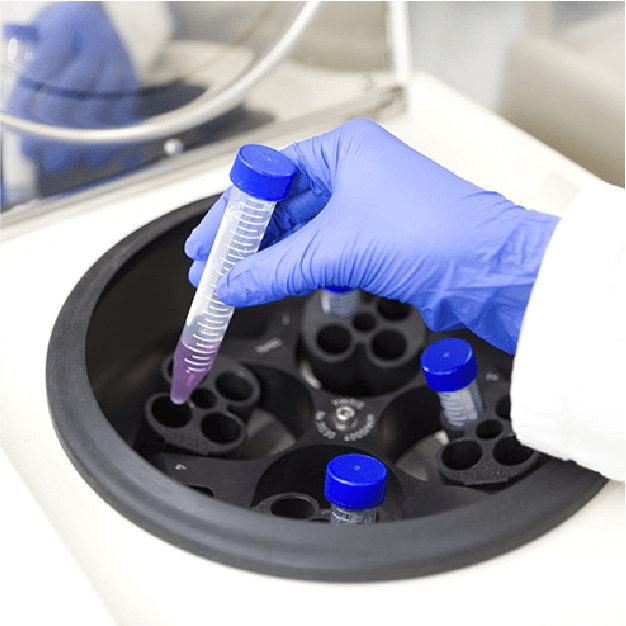
Our Digital Manufacturing Process is Simple.
Upload a CAD file and request a quote.
Our team will start production once we finalize the project details and you accept the quote.
When the part is complete, it passes through quality control.
After your part goes through quality control, our team ships the part(s) to you.
Don't miss a heart beat - we're here to help!
Additive manufacturing helps make medical and dental parts because it can produce complex shapes that are hard to achieve with traditional methods. It allows for better customization and precision in creating surgical tools, dental implants, and prosthetics.
CNC machining is essential for making parts that must fit together perfectly, which is crucial in medical and dental fields for safety and proper function. It ensures high accuracy and consistency in the manufacturing process.
Sheet metal fabrication is a cost-effective way to make larger items, like equipment casings and cabinets. It allows companies to produce many items quickly while minimizing waste.
Overall, these manufacturing methods offer benefits like precision, speed, and cost savings, making them excellent choices for creating medical and dental components that require accuracy and affordability.
Additive Manufacturing for Medical & Dental Manufacturing
Additive manufacturing (AM) has revolutionized the medical and dental industries by improving patient outcomes and delivering customized products. Dental manufacturing using it has become increasingly popular, creating therapeutic effects like crowns, bridges, and implants. AM technology’s precision and speed allow for the rapid production of dental parts customized to the patient’s needs. AM has gained traction in the medical industry, building anatomically accurate models of organs to assist surgeons in planning procedures and conducting research. It can create customized prosthetics, implants, and surgical instruments with intricate geometries and designs that traditional methods cannot achieve. Some challenges exist in the AM medical and dental industries, such as regulatory approval and cost-effectiveness. However, further advancements will improve its clinical application and pave the way for personalized healthcare.
A few medical and dental applications of additive manufacturing:
- Housings
- Implants
- Medical Models
- Mouth Guards
- Orthopedics
- Surgical Instruments
- Ventilator Components
CNC Machining for Medical & Dental Manufacturing
CNC machining is a technology used in manufacturing medical and dental equipment. It offers accuracy, reliability, and cost-effectiveness. CNC machines produce high-precision medical implants, surgical instruments, dental components, and prosthetics. They can create complex shapes and designs that are difficult to achieve using traditional manufacturing methods. CNC machining is critical in producing medical and dental equipment as it ensures safety, quality, and precision, which are essential in the healthcare industry. Additionally, it reduces material wastage and increases the lifespan of medical equipment, making it a more cost-effective solution.
A few medical and dental applications of CNC machining:
- Hip Replacements
- Housings
- IV Stands
- Microscopes
- Orthopedic Supports
- Prosthetics
- Protective Shields
- Surgical Tools
- Ventilator Components
- Wheel Chairs
- X-Ray Machine Parts
Sheet Metal Fabrication For Medical & Dental Manufacturing
Sheet metal fabrication is essential for creating essential components and devices in the medical industry, including surgical instruments and equipment housings. Using advanced manufacturing processes, this technique produces precise, durable, and cost-effective solutions tailored to healthcare needs. It enables medical professionals to obtain high-quality parts for exceptional patient care, ensuring device reliability and healthcare efficiency. Custom component production through sheet metal fabrication also drives healthcare innovation and improvement.
A few medical & dental component applications of sheet metal fabrication:
- Ablation System
- Housings & Enclosures
- Imaging Equipment
- Medical Trays
- Medicine Cabinets
- Panels
- Ultrasound Machines
Additional Manufacturing Capabilities
Silicone and urethane casting are versatile and efficient techniques used in the medical and dental industry. It allows for the production of realistic and accurate medical models of organs, implants, prosthetics, and dental models. Silicone casting is commonly used to make prosthetic parts, such as facial prosthetics, while urethane casting is mainly used in dental models, such as crowns and bridges. These techniques have allowed for patient care and outcomes advancements as medical practitioners can use the models to test new medical devices and procedures before implementing them on patients. Additionally, silicone and urethane casting materials are biocompatible and non-toxic, making them safe for medical and dental applications. Silicone and urethane casting techniques are crucial in medical and dental advancements.
Wax casting is a traditional technique that has evolved to become one of the most reliable methods in dentistry and medicine. It is widely used to produce prostheses, dental restorations, orthodontic devices, and surgical implants. In medicine, wax casting is applied to create custom prosthetics, such as artificial limbs, designed and manufactured to fit individual patients’ needs. Dentistry is used to create dental restorations, such as crowns and bridges, which match the natural teeth’ color, shape, and size. Wax casting is also utilized in orthodontics to fabricate customized dental braces, retainers, and other orthodontic devices. The exact technique produces accurate and detailed models of the required prosthesis, ensuring a perfect fit and optimal patient comfort.
Injection molding is a widely used manufacturing process in the medical and dental industries. It is ideal for these applications because it creates high volumes of parts with consistent quality and precision. Biocompatible, sterile, chemical, heat, and abrasion-resistant materials such as polypropylene, polycarbonate, and nylon are commonly used. Specialized facilities with cleanrooms often produce medical and dental injection molded parts to ensure consistent quality and prevent contamination.
A few medical and dental applications of additional manufacturing capabilities:
- Diagnostic Test Kit Components
- Drug Delivery Equipment
- Catheter Locks
- Implants
- Lab Tools
- Prosthetics
- X-Ray Equipment
Why choose Prototek to manufacture your medical or dental project?
Customers choose us to manufacture their medical and dental projects because of our expertise, quality, and reliability. We have a team of skilled professionals specializing in medical and dental manufacturing, allowing us to provide our customers with tailored solutions that meet their unique needs. Our commitment to quality is evident in every step of our production process, from sourcing the best materials to employing strict quality control measures. This ensures that our products meet the highest standards of safety and effectiveness. Additionally, our reliable production processes mean that our customers can depend on us to deliver their projects on time, every time. Finally, our exceptional customer service means that we work closely with our clients to ensure that their requirements are met and that they are delighted with the final product.

